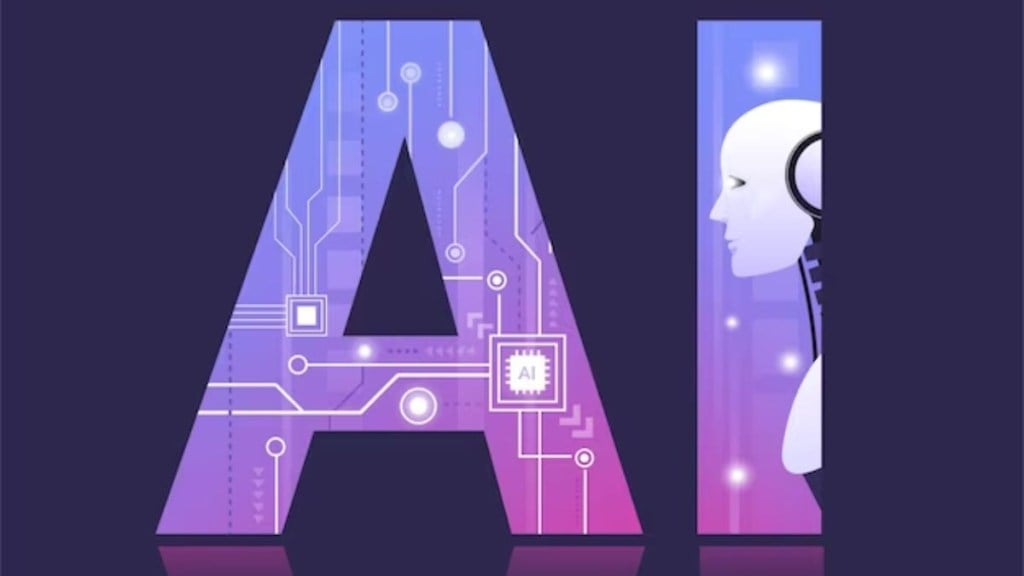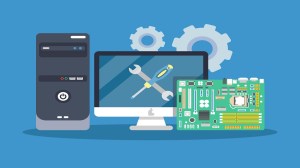By Mathana Prithviraj
It is undeniably true that we are currently living in an era witnessing an all-out push toward digitalization across the globe. Whether it’s shopping for luxury items, watching online shows, ordering delectable food, or managing tasks in the workplace, technological innovations have created ease in everything as an ultimate solution. While not every emerging technology disrupts the status quo, some have the potential to reshape how people live and work. Artificial Intelligence (AI) is one such disruptive force that is not only transforming lives but also assisting in reimagining the business world, boosting innovation and productivity, and helping people to think bigger.
In today’s modern landscape, vast amounts of data hold little value without the right AI solution. To be honest, AI plays a crucial role in filtering and analyzing business data, uncovering patterns, and facilitating better-informed decisions. In fact, with its ability to analyze extensive datasets and extract insights, AI is revolutionizing decision-making across various industries. Thus, in an era of rapid technological advancement, integrating AI into the workplace is undeniably reshaping decision-making processes. So, let’s delve into the ways in which AI is enhancing decision-making in the workplace by shedding light on the potential benefits associated with its adoption.
Artificial Intelligence: Game-Changer for Modern Workplace
It is not an overstatement to say that artificial intelligence (AI) has come a long way since its inception. Today, AI stands as one of the most transformative modern technologies, capable of making business decisions that once relied solely on human intelligence. As mentioned earlier, AI’s ability to analyze massive datasets empowers it to generate predictions and judgments. For example, AI aids in disease diagnosis, fraud prediction, crop yield enhancement, and even workplace improvement across various applications. Furthermore, with applications being used in almost every field, the sector is expanding at a rapid rate. According to IMARC, the Indian artificial intelligence market is projected to reach US$ 3,935.5 million by 2028, growing at a CAGR of 33.28% between 2023 and 2028.
Additionally, it’s crucial to note that AI encompasses various technologies, including software and hardware components supporting machine learning (ML), computer vision, natural language understanding (NLU), and natural language processing (NLP). AI contributes to businesses in numerous ways, primarily by presenting insights that aid humans in making better decisions. While AI can provide suggestions, it operates most effectively when fed ample data, offering potential options and even making some decisions automatically, subject to organizational approval. Notably, AI-driven decision-making is on the rise, with a projected 70% of businesses expected to adopt AI technology by 2030, as reported by McKinsey.
Benefits of AI-Powered Decision-Making
Informed Decision: By all odds, AI has significantly accelerated the pace of the modern workplace, providing invaluable insights across various business facets, including finance, accounting, sales, and operations. This new-age technology works beyond human capability by analyzing millions of data points, identifying patterns, and connecting them. Thus, it is true to say that AI is devoid of bias, making it instrumental in designing strategies based on insights derived from past activities, ultimately guiding businesses toward the right decisions for a competitive edge.
Risk Management: Undeniably, every project in the contemporary workplace carries inherent risks if not meticulously planned. Thus, the adoption of AI has become a valuable asset in predicting defects or redundancies in projects, conducting overall risk analysis, and aiding in risk mitigation. Machine learning algorithms prove particularly useful in handling diverse data sources, such as financial reports, payrolls, procurement, employee productivity analysis, and churn rate predictions.
Complex Problem-Solving: While AI offers numerous benefits, it also raises certain concerns. Thus, AI’s potential in decision-making extends to tackling complex, multilayered decisions based on project urgency and significance. And organizations must exercise caution in navigating this terrain, ensuring robust data protection measures and transparency in AI processes.
Artificial Intelligence: A Catalyst for Positivity!
There is no denying the fact that technological breakthroughs in today’s era have revolutionized every aspect of personal and professional lives. Among various technologies, AI has emerged as a disruptive technology, transforming workplace decision-making and fostering a positive workplace culture. Thus, the modern workforce must be fully aware of the application’s benefits and limitations in order to make smarter and more informed decisions that lead to success in an increasingly complex world.
The author is co-founder and product head, Workhall









